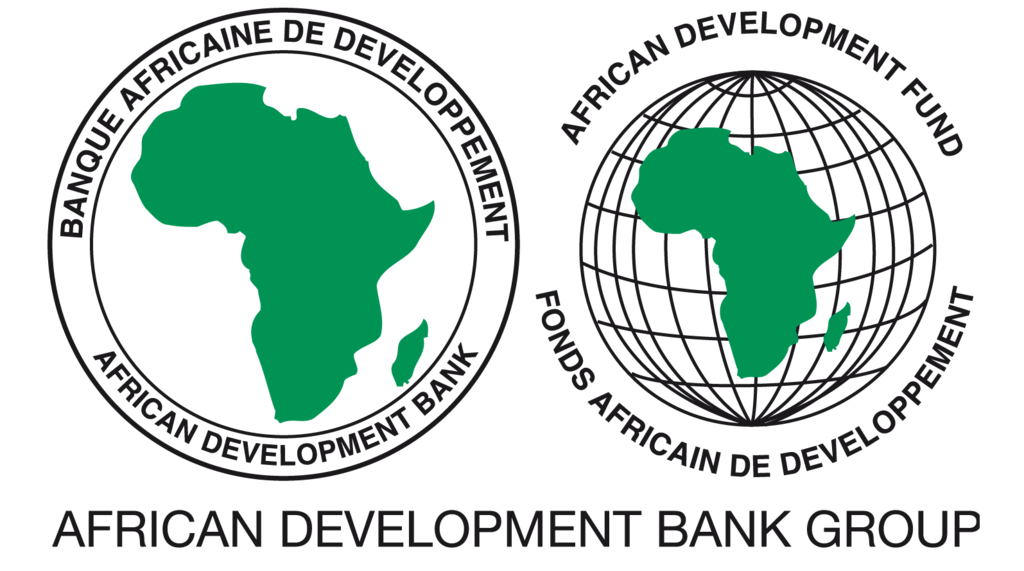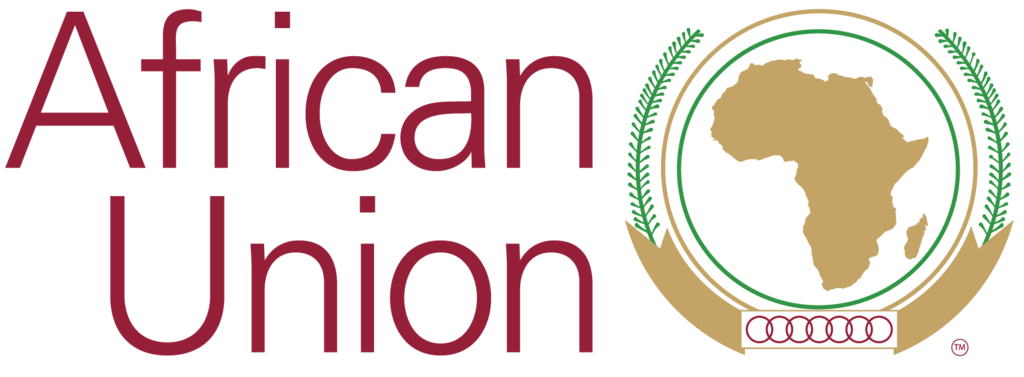The Phase-out of Gas Flaring from Oil Production HIO promotes multi-stakeholder cooperation between governments and companies, both at the country and regional level, along the full value chain of gas. Gas flaring is a serious environmental concern, a large source of green house gases and also a waste of energy that could be used for producing electricity, transformed or exported. The Phase-out of Gas Flaring from Oil Production HIO builds on the work of the World Bank’s Global Gas Flaring Reduction Initiative and further promote institutional capacity building, support the business cases for gas utilization and support linkages to countries that have chosen to pursue Sustainable Energy for All’s objectives.
High Impact Opportunities (HIOs) are action areas that are likely to show significant potential to advance the three objectives of SEforALL.
HIOs work as coordination platform for stakeholders (public, private and civil society) engaged in each area, to coordinate and advance actions at the global, regional and local level. HIOs have at least two co-leaders who rotate on an annual basis and are responsible primarily for establishing the vision and direction of the HIO, outlining an implementation plan for action, and reporting on progress. HIOs are depositories of expertise, proven solutions, and innovation. Six HIOs are currently active:
Clean Energy Mini - Grids are isolated electricity grids powered by renewable or hybrid sources. Given the actual distribution of the unconnected population in Africa, and the cost of extending the central networks to reach remote settlements, the development of Clean Energy Mini-Grids (also called Green Mini Grids) is an important part of the regional and national strategies to achieve universal access to electricity services. Clean Mini Grids are an excellent example of the linkage between energy access, renewables and efficiency, and the connection to other development challenges, including the use the productive use of energy in rural areas, the development of innovative financing and appropriate business models, the role of the private sector. The HIOs is publishing a quarterly Newsletter, produced a Mapping of clean energy mini-grid support providers and programmes and a related webtool, it helds regular meetings and, for example, supported and collaborated to the establishment of the AfDB Green Mini Grids Market Development Program.
Energy and Women's Health are closely related. The availability of effective health services depends on electricity, and during childbirth mothers are particularly at risk. Electricity is needed for basic lighting, vaccine storage, access to clean water, equipment sterilization, and to power other essential equipment. Yet many clinics, hospitals, and workers do not have access to the power they need: The World Health Organization recently found that up to 58 percent of health care facilities in Sub-Saharan African countries have no electricity at all. The goal of this high impact opportunity is to increase access to, and the effective and sustained use of, energy-dependent health services, with a particular emphasis on women in low- and middle-income countries.ding and developing this High-Impact Opportunity and reaching out to a number of partners to solidify supporting initiatives.
The Universal Adoption of Clean Cooking Solutions HIO supports commitments made under the Global Alliance for Clean Cookstoves (GACC), as well as other aligned efforts, and promote the adoption of clean cooking solutions for those who lack safe and efficient cookstoves, fuels, and related equipment. environmenta Access to clean cooking solutions is one of in Sub-Saharan Africa is extremely limited and, crucially, it is not yet improving. In 2000 around 17% of the population in SSA had access to non-solid fuels, in 2012, the most recent data available, it was just 18%. The Hub collaborates with the GACC, the Global LPG Partnership and the World LPGas Association to promote innovative approaches to foster the adoption of clean cooking solutions and create viable markets.
The Water-Energy-Food Nexus HIO promotes an integrated approach between these three highly interlinked areas. The HIOs collects, develops and disseminates approaches and knowledge; faciltiates the exchange on practical experiences and the identification of possible synergies; supports the integration of the nexus perspective in policies and projects at country level and provide a platform for engagement with, and between, stakeholders from governments, the financial sector, industry, international organizations and civil society. Work on the nexus started in 2011 and has an online resource platform.





